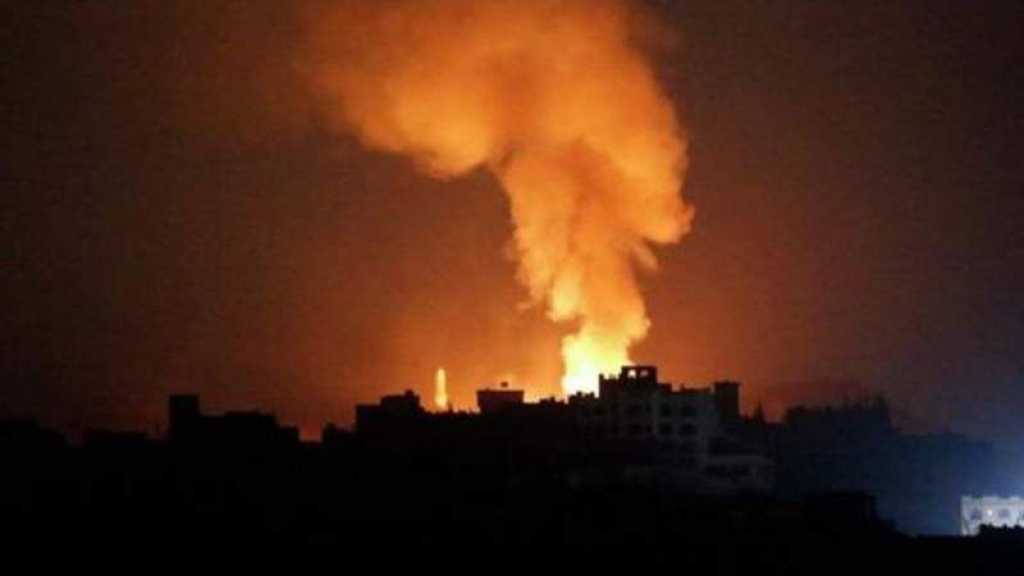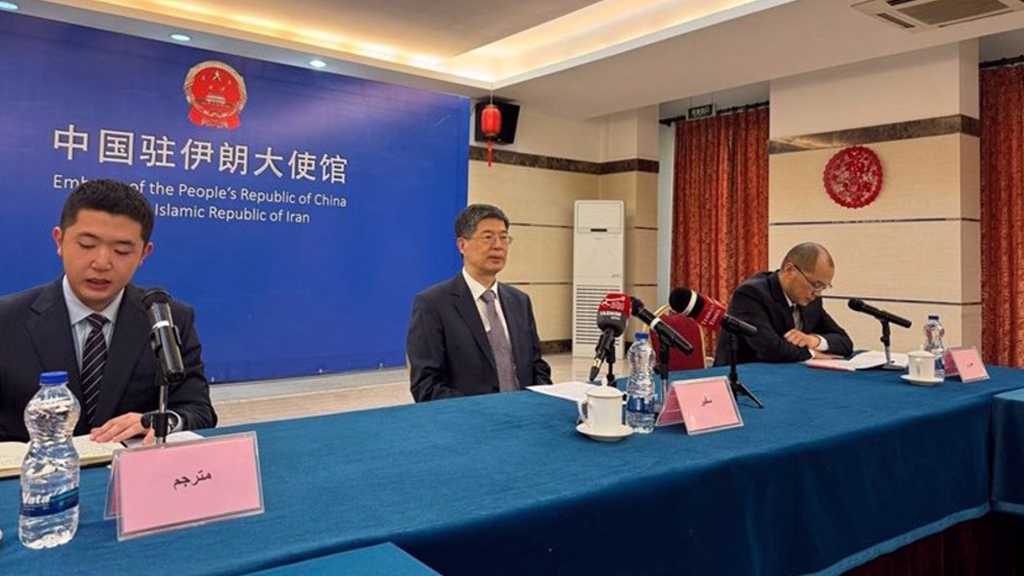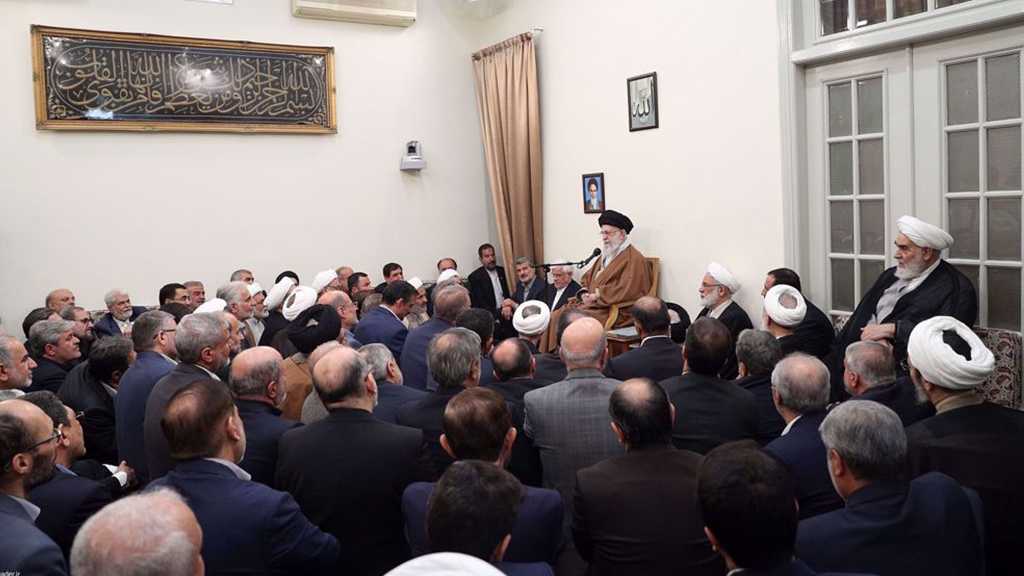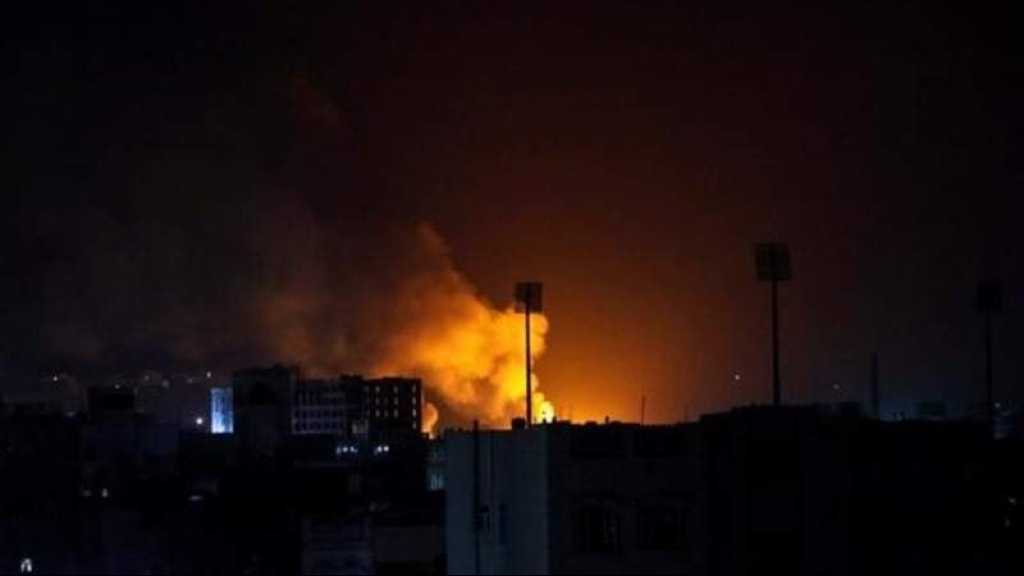Vietnam PM Condemns Barbarous US Crimes
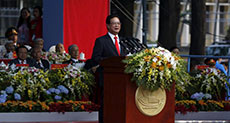
Local Editor
Vietnam's premier hit out at the "barbarous crimes" of its wartime American foe as the nation marked four decades since the fall of Saigon, an event that delivered victory to Vietnamese and a painful blow to US moral and military prestige.
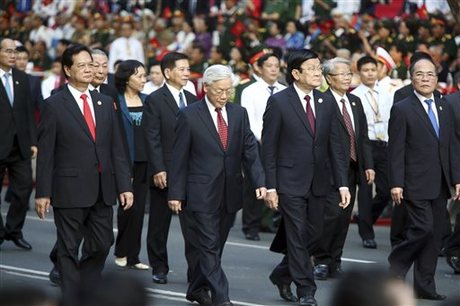
Nguyen Tan Dung Vietnam's Prime Minister slammed the "barbarous crimes" committed by the United States during the Vietnam War.
During his comments, made during an address marking four decades since the capture of Saigon by Communist forces, Dung called the "reunification" of Vietnam a victory of "ardent patriotism."
"They [the US] committed countless barbarous crimes, caused immeasurable losses and pain to our people and country," Dung added, while addressing a crowd of the country's top leaders, civilians and war veterans in what is now known as Ho Chi Minh City.
Furthermore, thousands of Vietnamese reportedly gathered on the city's streets, where parades were held and celebratory speeches were given to mark the fortieth anniversary.
The capture of Saigon by the People's Army of Vietnam and the National Liberation Front of South Vietnam on April 30, 1975, marked the end of a war that lasted close to two decades.
Hence, millions of Vietnamese civilians were killed in the war and over 58,000 American soldiers died - a loss that contributed to the eventual rise of a vociferous anti-war movement in the US.
In addition, during his speech, Dung called the fall of Saigon a "glorious chapter" in the victory against "US imperialists and its henchmen," according to local media reports. However, he added, Vietnam was "putting the past behind and looking forward to the future."
"The government is aware that the past overshadows its relationship with the US," Alexander Vuving, a security analyst at the Asia-Pacific Center for Security Studies in Hawaii declared. "They don't want to forget about the past. But they want to look to the future and that resonates with the general population."
Source: New Agencies, Edited by website team

